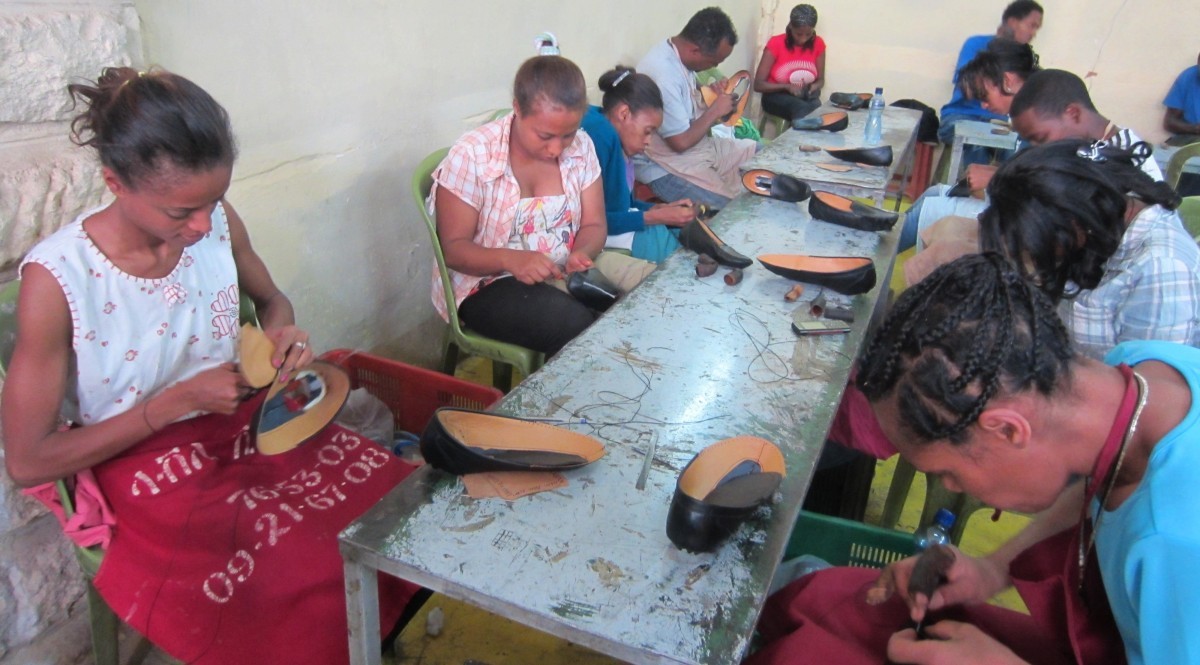Ethiopia: More Sweatshops for Africa?
Investigators: CDEP Affiliate Chris Blattman and Stefan Dercon, Professor of Development Economics at the University of Oxford and Chief Economist at the U.K. Department of International Development
Large firms are generally viewed as being central to macroeconomic growth and development, but not to building the capabilities and incomes of the poor. Instead, current development strategies tend to focus on microenterprise development. There is currently little evidence on how and in what ways industrial employment affects workers. By not addressing the role of large firms as a development strategy, we may be underestimating the welfare gains of industrial work. This study attempts to measure this by comparing the welfare impacts of receiving an industrial job to a microenterprise intervention and alternative forms of employment.
The study follows job applicants for unskilled or low-skilled jobs at Ethiopian firms ranging from water bottling factories to large-scale commercial farms. Many more applicants typically apply for jobs than there are positions available. Taking advantage of this large pool of eligible people, researchers randomly assign applicants to one of three groups: a job recipients group, a microenterprise group consisting of a week-long business training and a cash grant, and a control group that receives neither. By comparing a variety of welfare measures such as income and poverty levels, health, household activities, happiness and political behavior one and two years after the application process, researchers can measure the welfare effect of the factory job relative to the alternatives.
Published as "The Impacts of Industrial and Entrepreneurial Work on Income and Health: Experimental Evidence from Ethiopia," American Economic Journal: Applied Economics, Vol 10, No 3, July 2018.
This project is in conjunction with Innovations for Poverty Action and the Ethiopian Development Research Institute. It is affiliated with CDEP’s Firms and Innovation Initiative.

